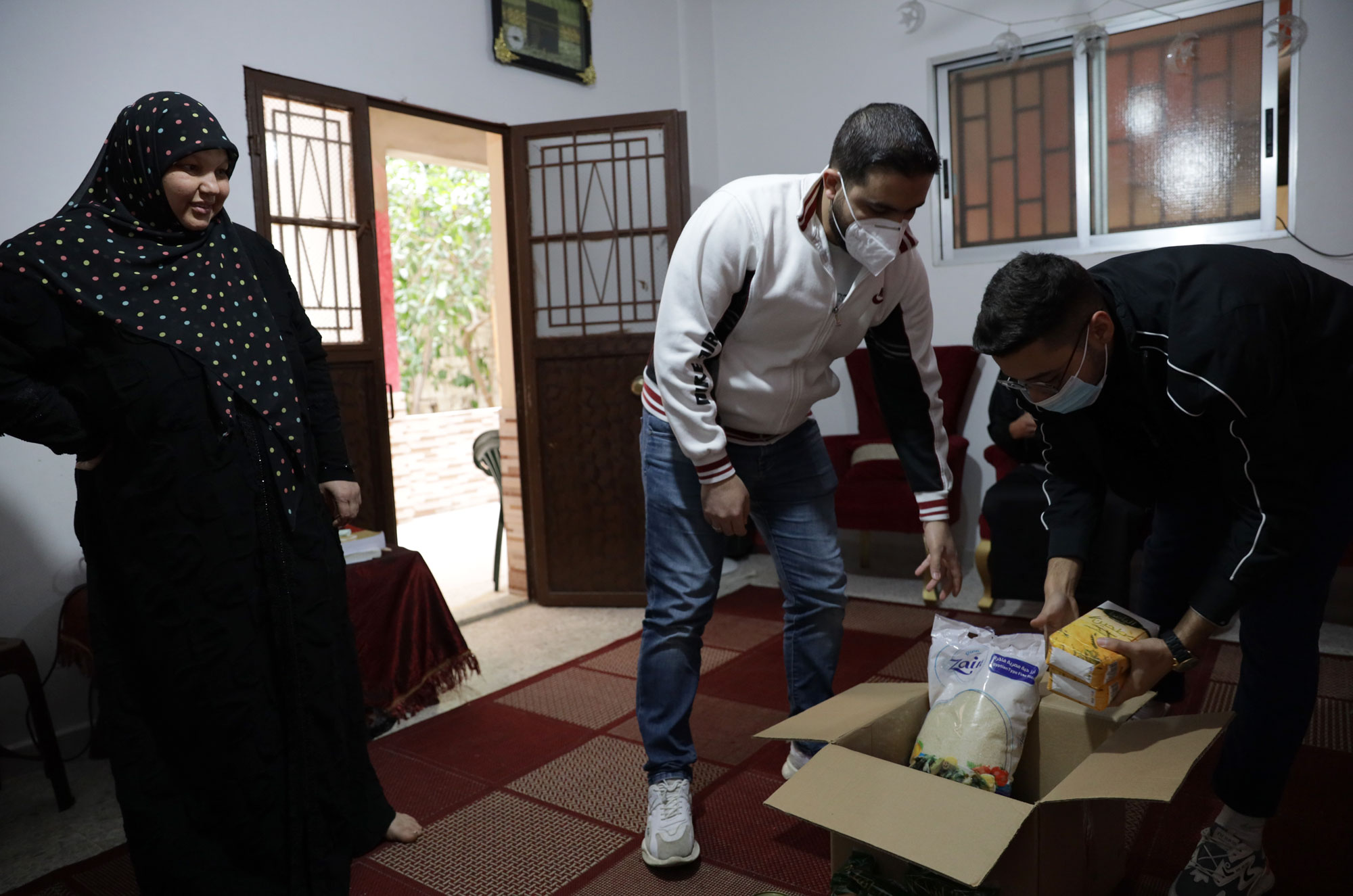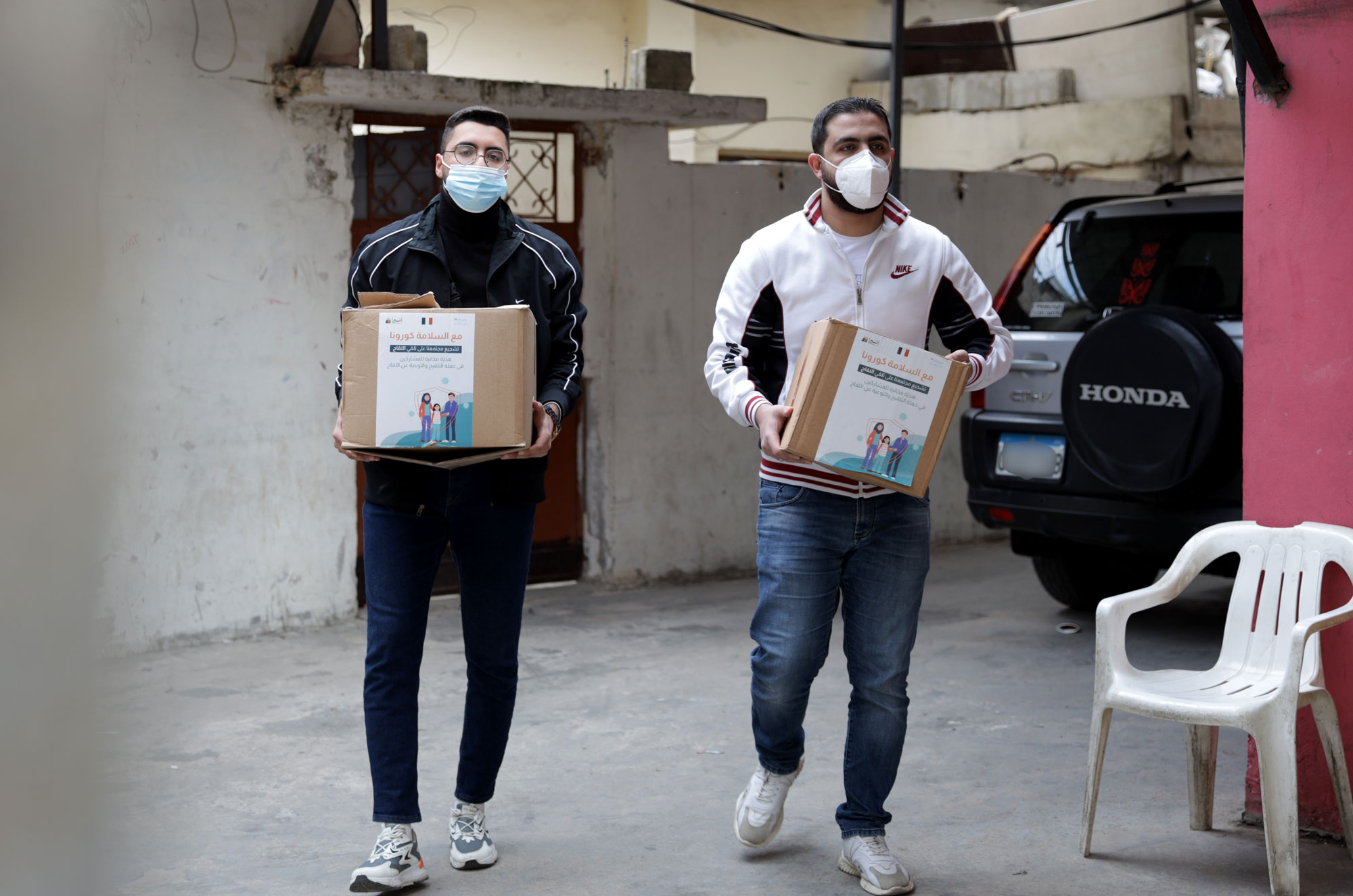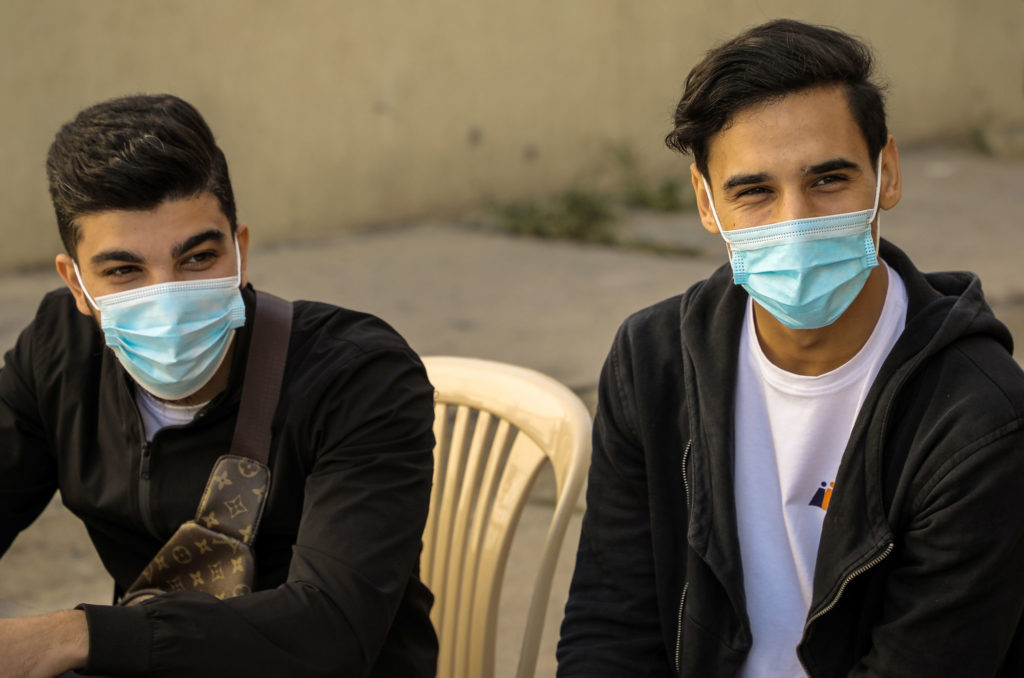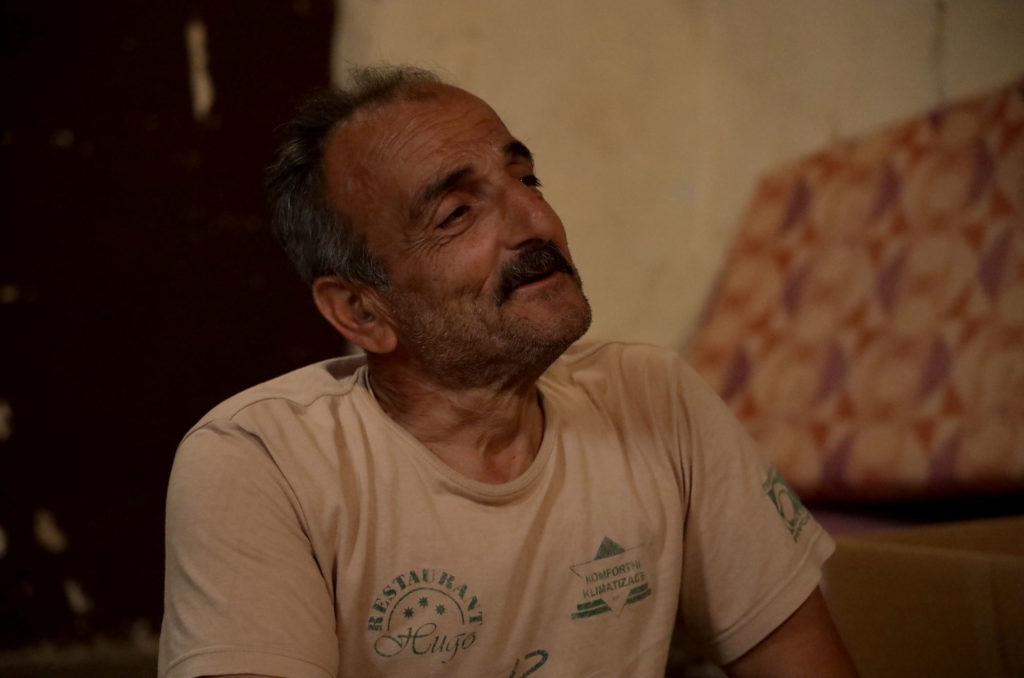COMMUNITY
Providing Food Aid Across Lebanon
May, 2022
The World Food Programme estimates that the average cost of a basic food basket has risen by 821%, causing many households to resort to crisis coping strategies.
For the average family in Lebanon, getting food on the table comes at great expense, if it comes at all. Three in every four people in Lebanon live below the poverty line. And for the 1.5 million Syrian refugees hosted in the country, the figure rises to 91%. Employment opportunities are scarce, and salaries have been cut sharply for those who retain their work. With the Lebanese pound currently devalued by 90%, what little money residents of Lebanon can pull together has lost nearly all of its purchasing power at the market.
The World Food Programme estimates that the average cost of a basic food basket has risen by 821%, causing many households to resort to crisis coping strategies. This includes nearly half of adults who report eating less or completely forgoing meals to ensure that children around them are able to eat.
As implementing partners with various UN agencies, Anera has been providing food aid to vulnerable families across Lebanon for the last eight months. Each month, 832 Lebanese and Syrian households have received healthy and nutritionally-balanced food parcels valued at $150 each to ensure their access to regular meals, combat the growing risk of malnutrition, and relieve the overwhelming financial burden that many are experiencing related to food costs.
In October and November of 2021, Anera also supplied 8,320 families with food vouchers so they could supplement their food parcels with fresh produce. And, now, during Ramadan, we are distributing almost 10,000 food vouchers as well as 7,000 food parcels. Because needs extend beyond food alone, many families also receive hygiene kits, as well as additional elderly and baby kits, when needed.
Anera takes care to see that aid gets into the hands of the most vulnerable. Families with four or more members, young children, seniors, or members with a disability are targeted for assistance. Of families who received or are receiving food assistance, three-quarters have a family member with a chronic disease, and nearly half have an elderly family member.
As an added benefit, the coordination of this project is supported by former students of Anera’s vocational courses who now receive a wage to give back to their communities. These students, referred by UNICEF, receive extensive training to assist with outreach and distribution activities and help families in completing the difficult process of registering for ministry-based state assistance.




